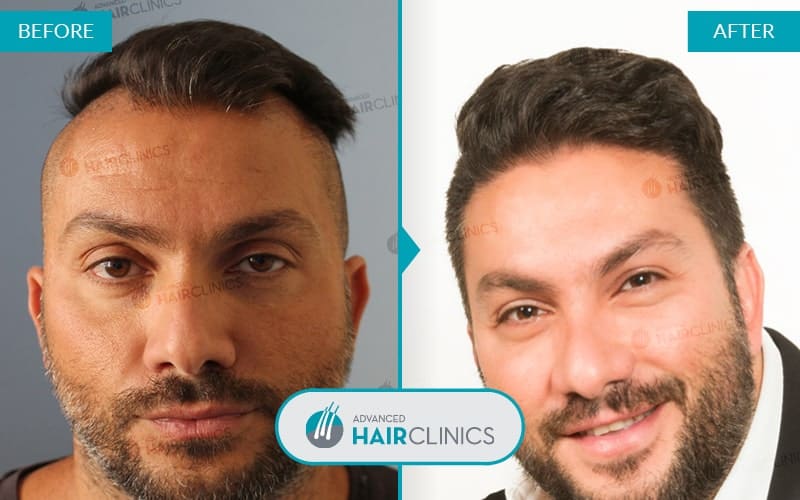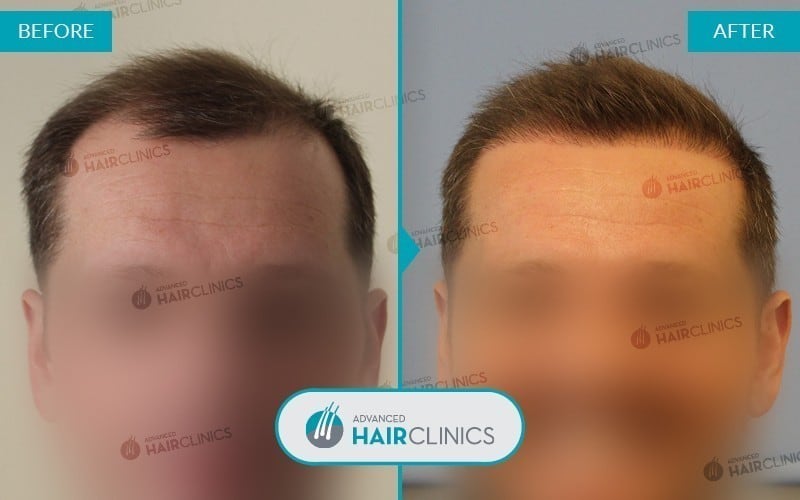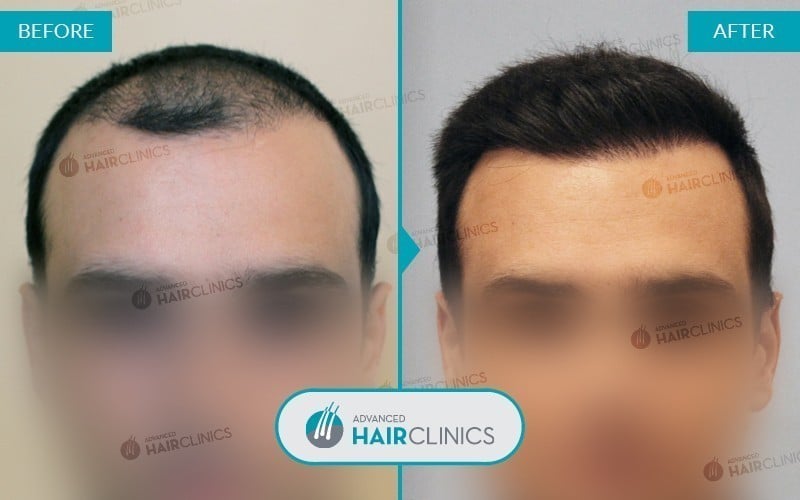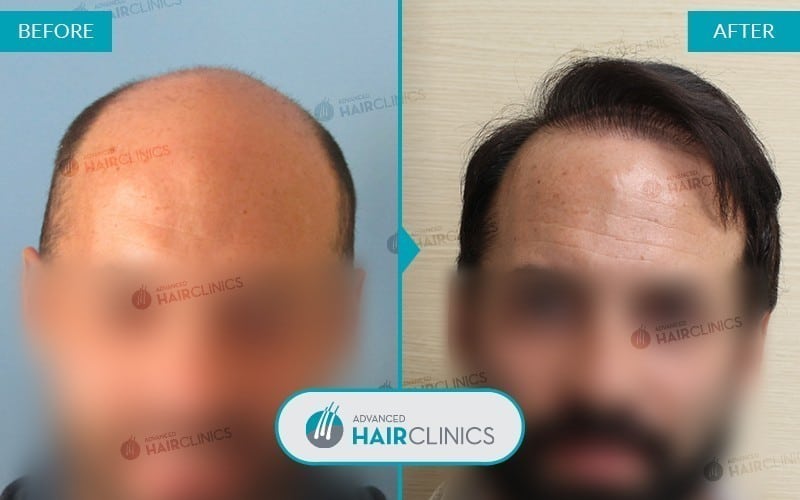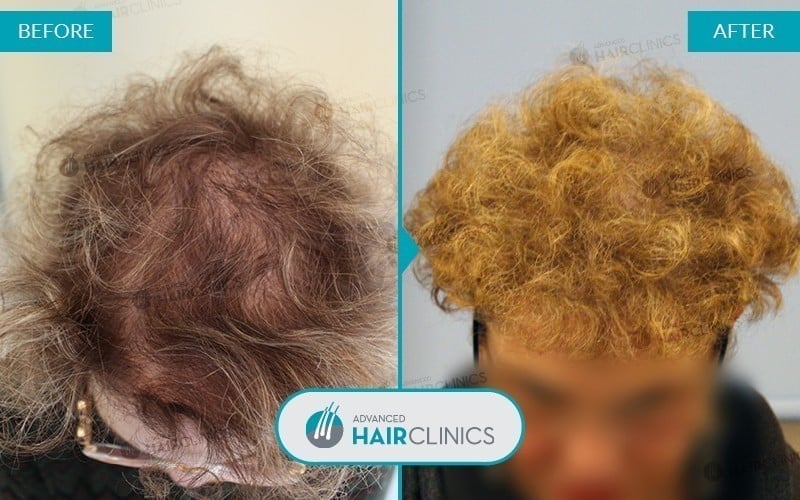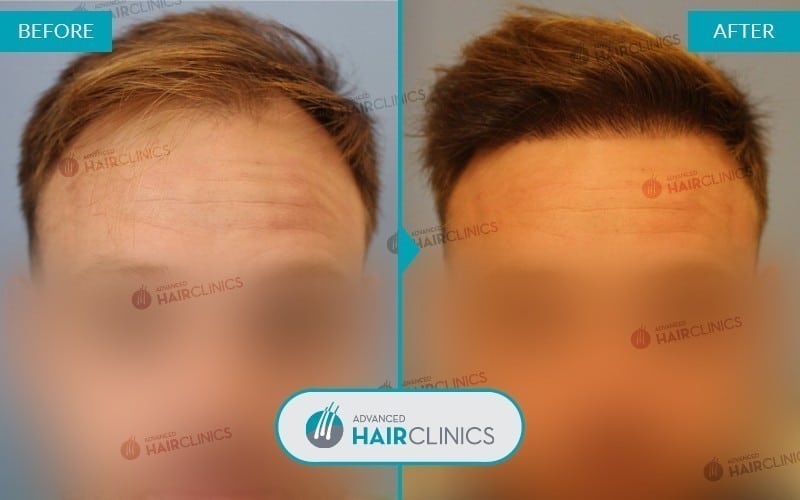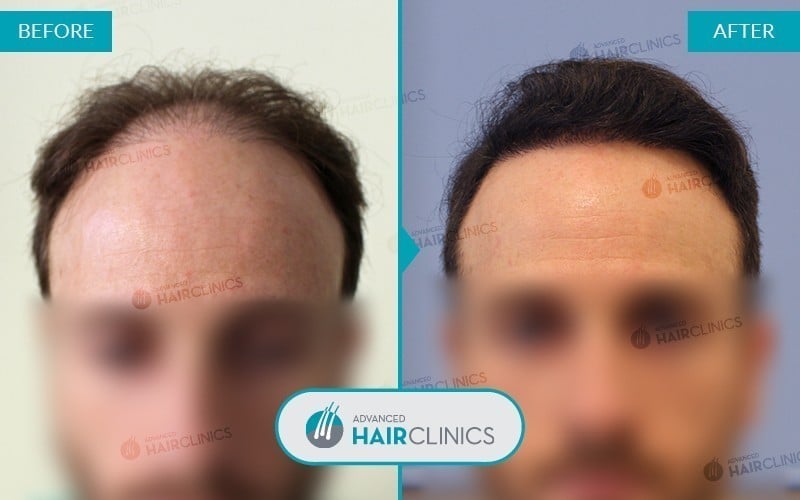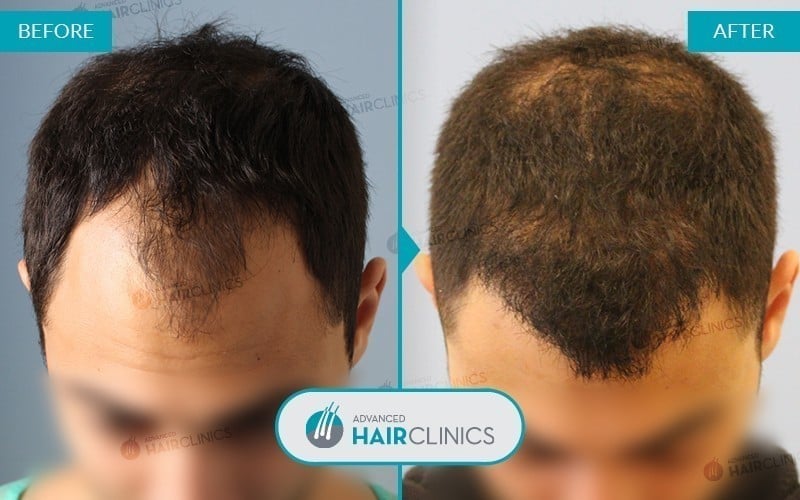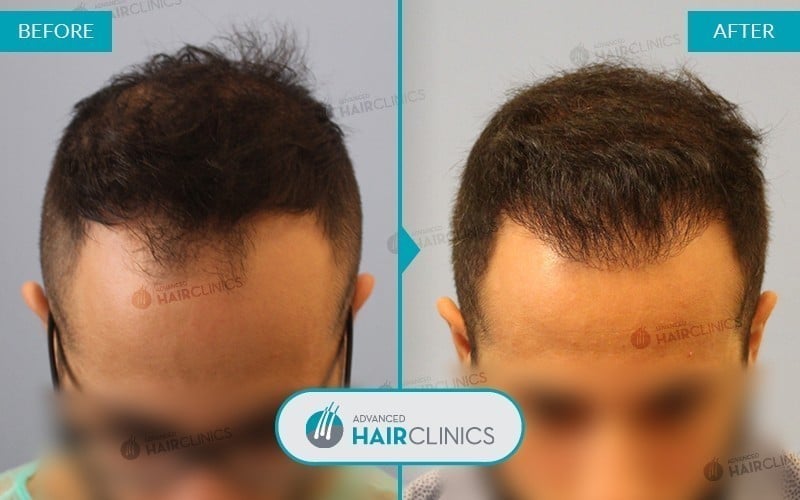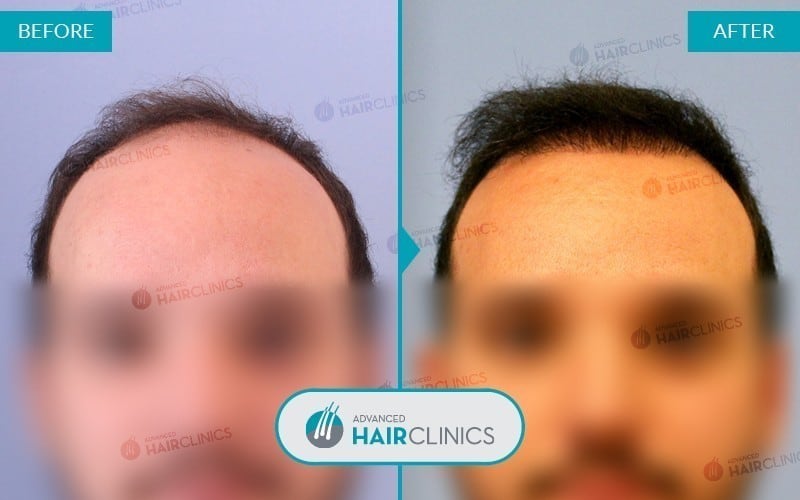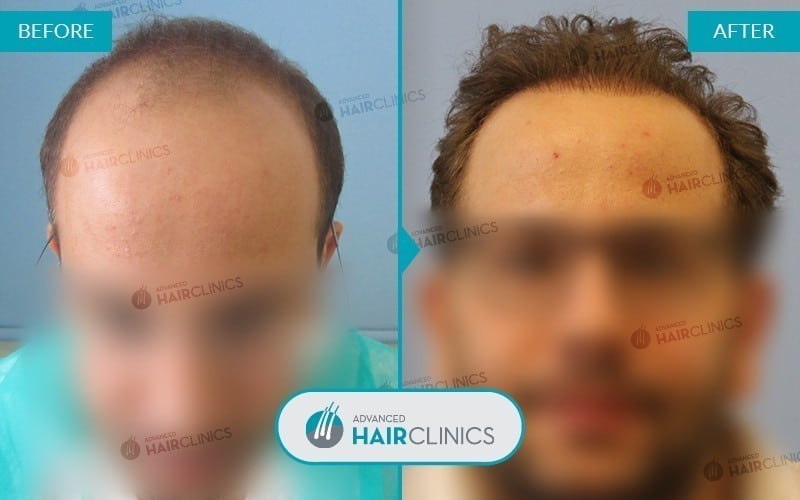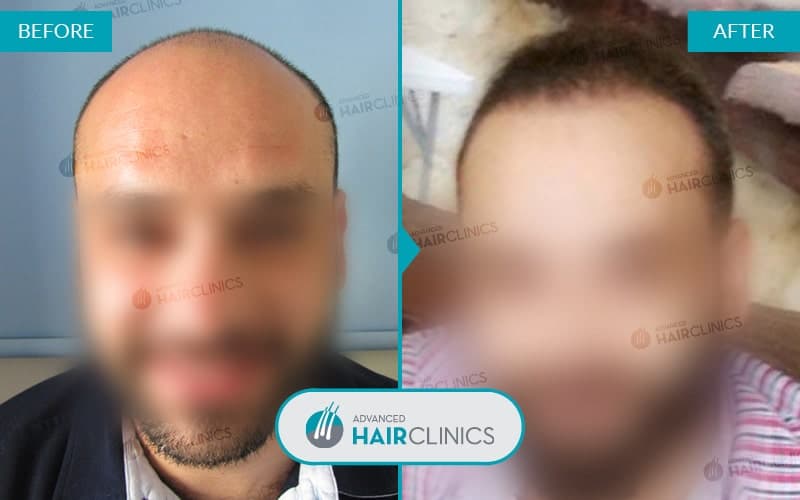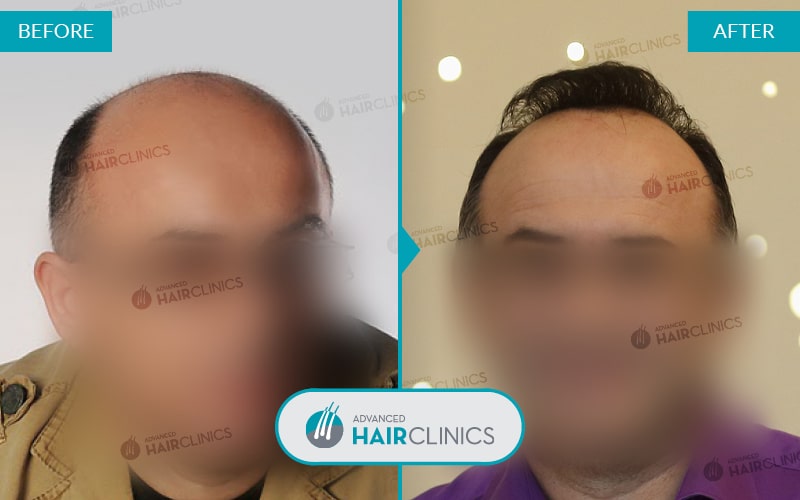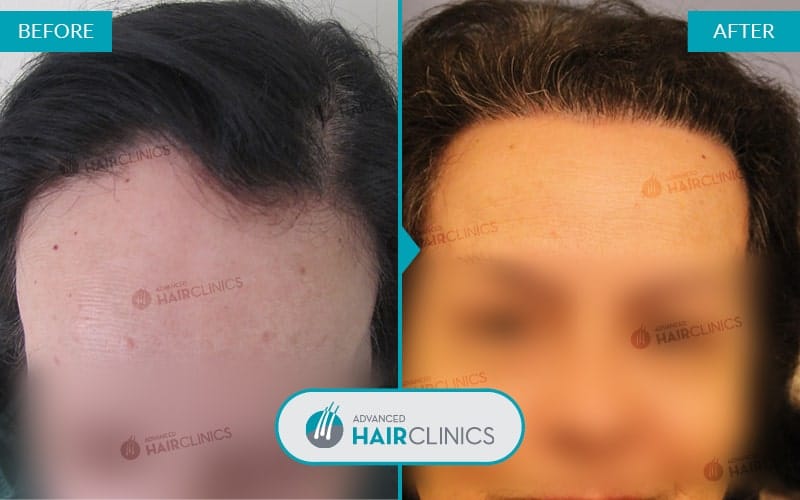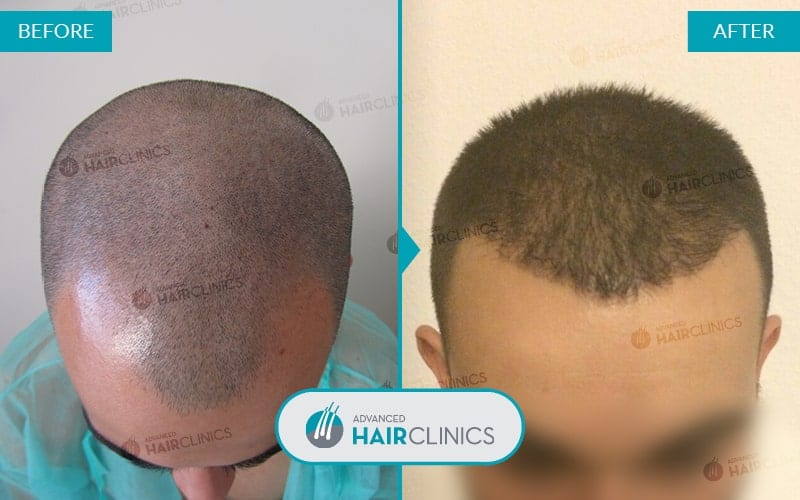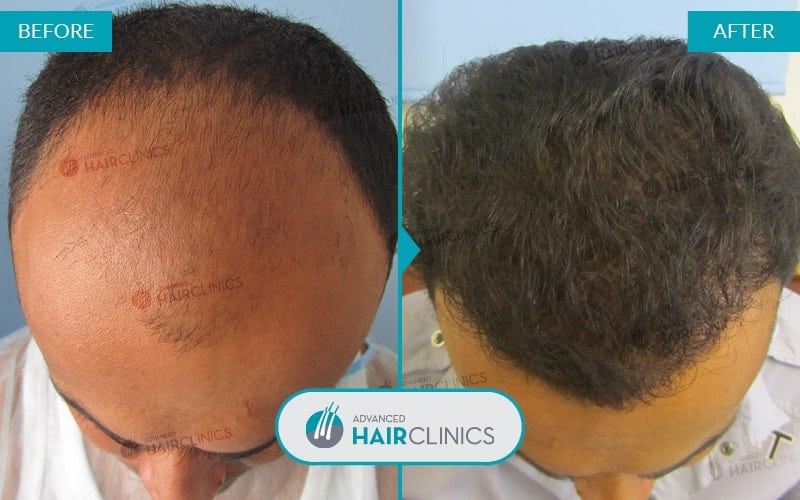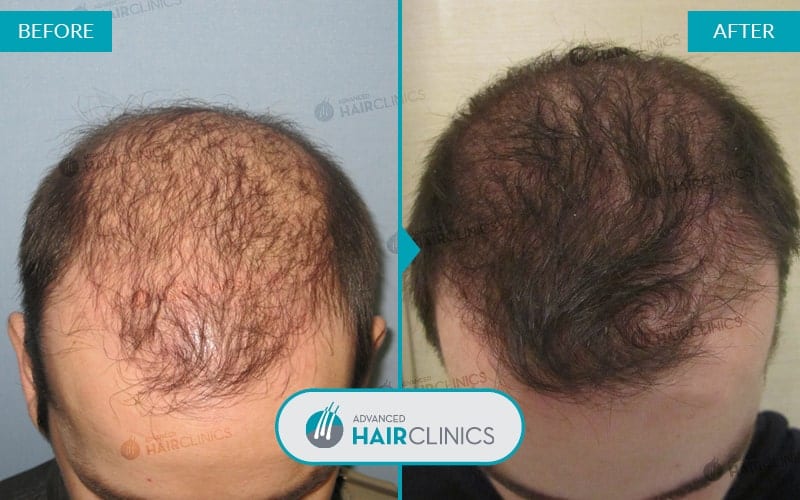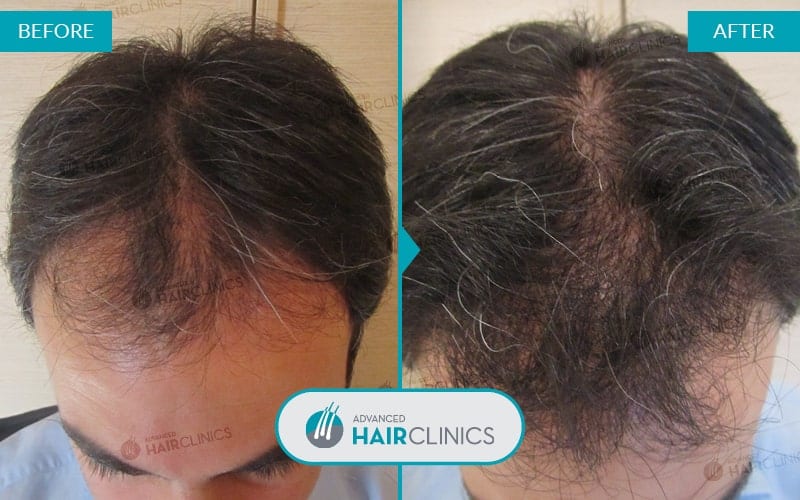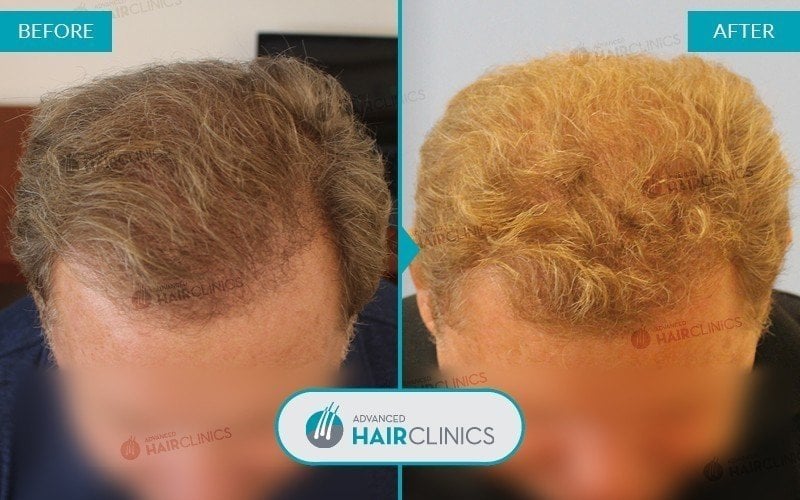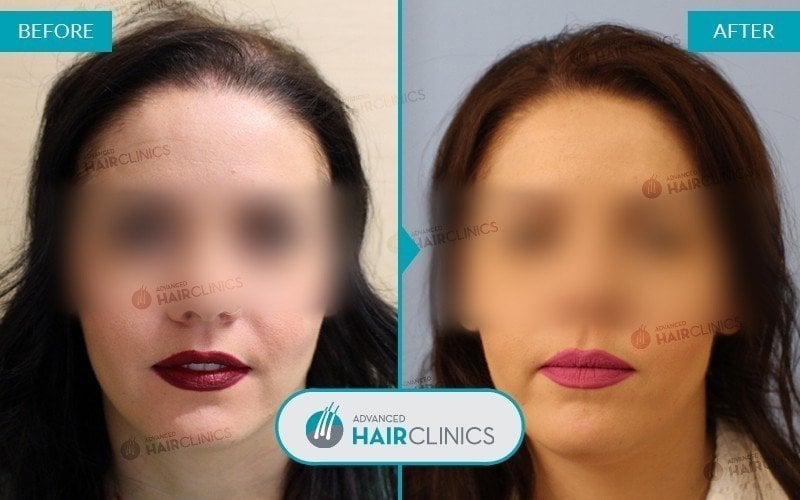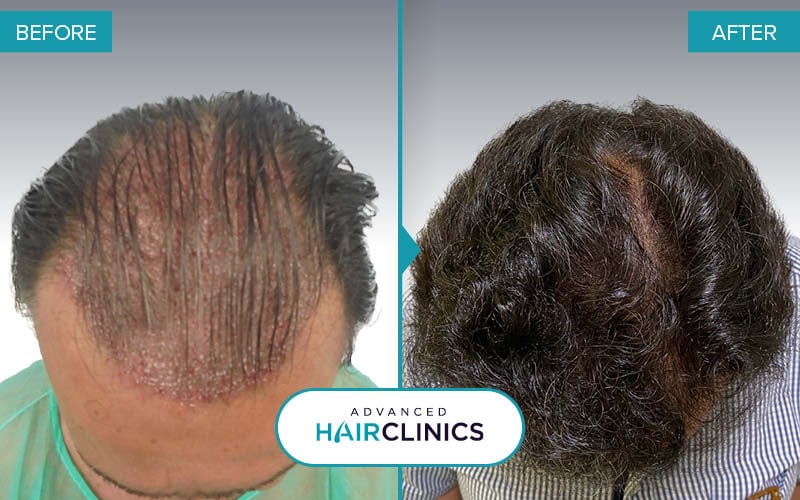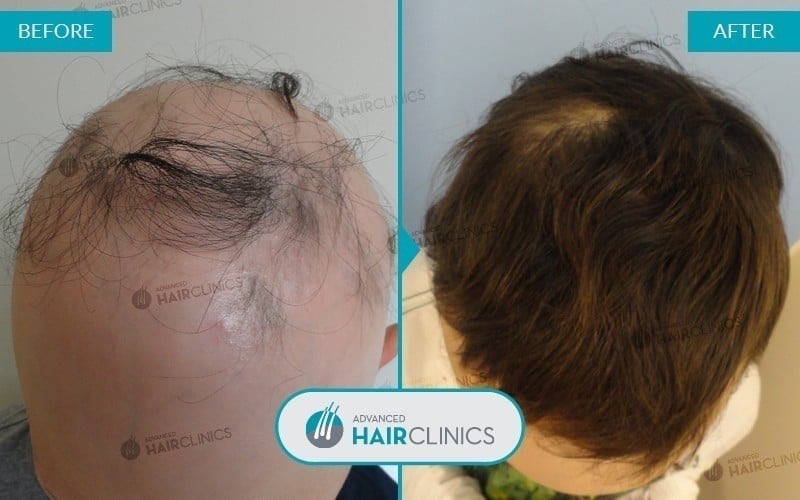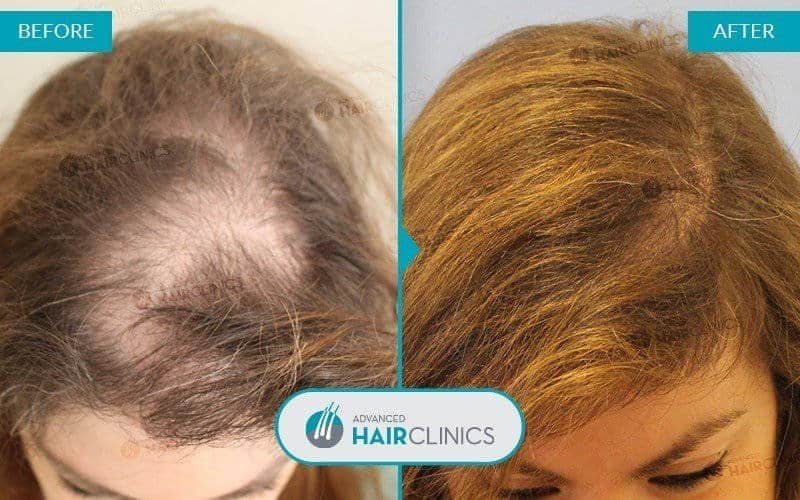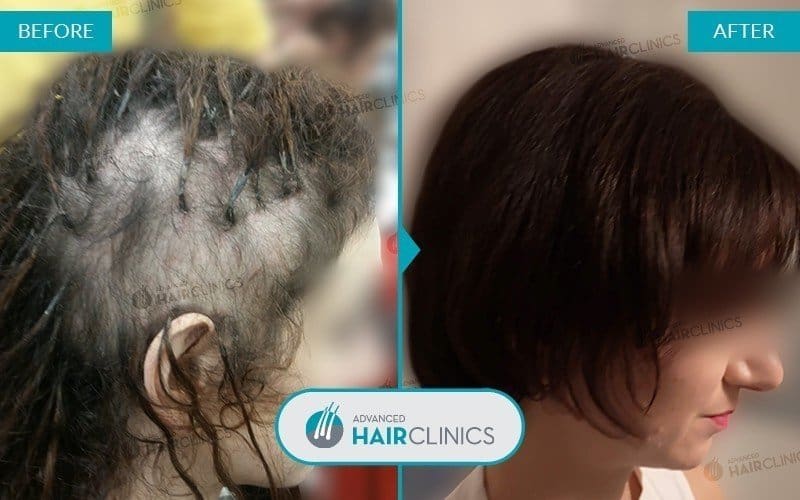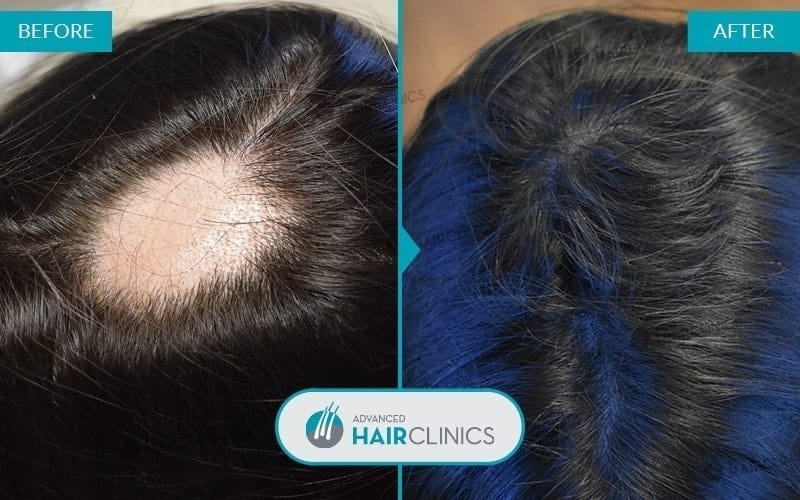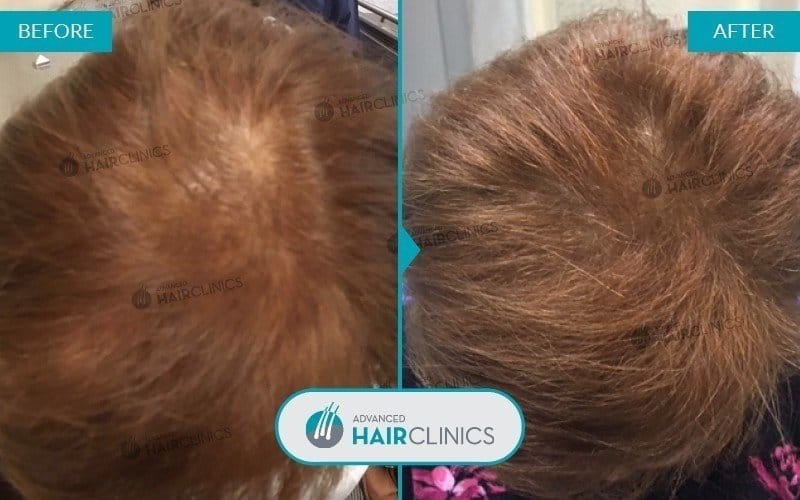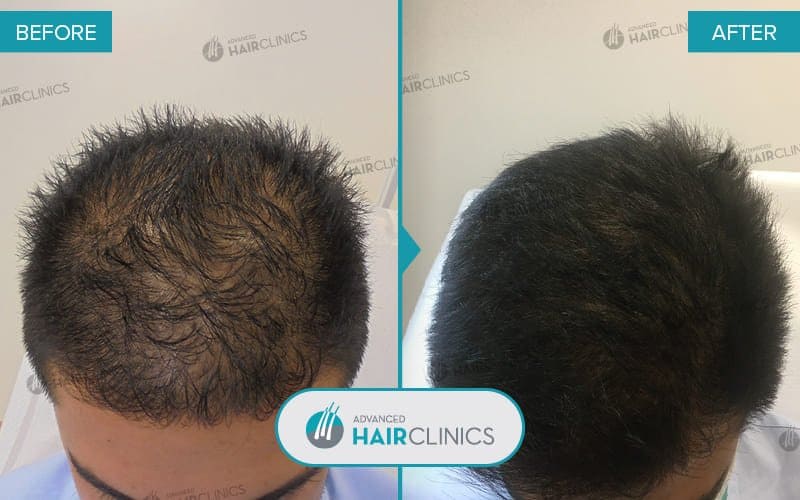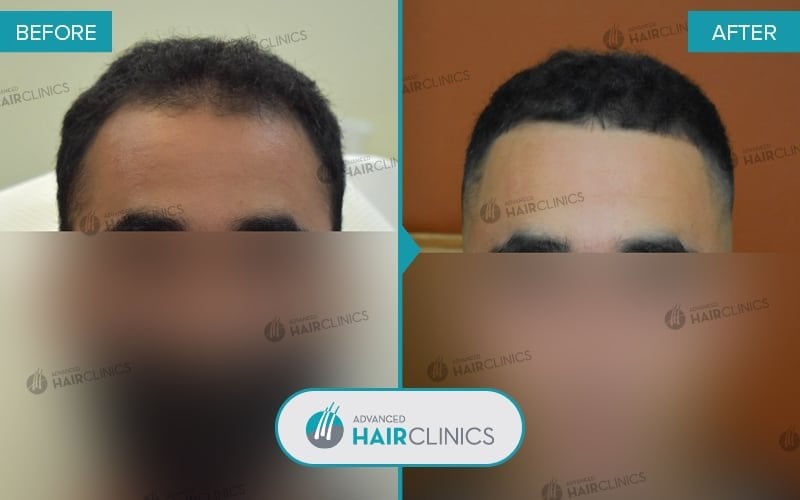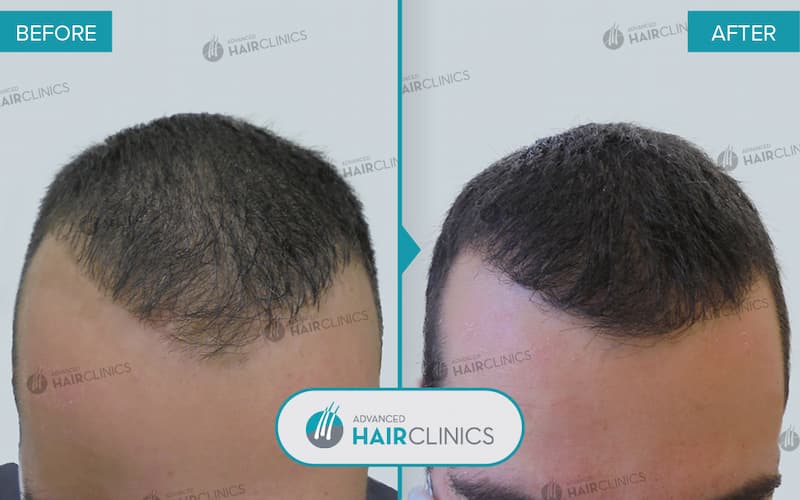Hair Loss
Hair loss can affect only your scalp or your entire body with temporary or permanent effects.
Simply put, hair loss occurs when new hair does not grow to replace the hair that has fallen out. An average person usually loses 50 to 100 hairs a day, but this is not noticed because new hairs are growing at the same time, following the hair’s predetermined life cycle.
Although anyone can experience hair loss, the condition is more common in men than in women, in whom it becomes more frequent with the passage of time and the modulation in hormones, for example after menopause.

Hair loss treatment options
Drugs for hair loss
Medications, as well as some targeted hair care products, can also help slow or prevent hair loss.
- Minoxidil, which prolongs the regenerative phase of hair, has been shown to be one of the most effective pharmaceuticals against hair loss.
- Topical application of corticosteroids to the scalp to combat the inflammation that causes hair follicle degeneration. Non-specific treatment is mainly applied in cases of hair loss of unclear aetiology, where there is no aetiological treatment, such as in cases of diffuse, scarring or alopecia pedis.

Other choices of treatment
- Autologous hair mesotherapy, or hair loss treatment with autologous growth factors, is an effective treatment based on harnessing the patient’s own healing and growth powers of blood plasma.
- Anti-hair loss products such as shampoos, lotions, conditioners, serums with active substances and natural herbal extracts which are dermatologically tested.

Hair transplantation
Hair transplantation is the surgical implantation procedure that solves the problem of hair loss once and for all. The most modern method of hair implantation FUE guarantees a permanent solution to the problem of hair loss with perfect natural aesthetic results.

Dietary supplements against hair loss
A number of products are used to support the conservative treatment of hair loss, mainly shampoos, lotions or ampoules with nutrients, nutritional supplements with vitamins, trace elements, amino acids, etc.
In general, the effectiveness of these remedies in the treatment of hair loss is controversial, but it is considered that a proper and balanced diet, rich in fibre and vitamins, especially B vitamins, trace elements such as zinc and natural products such as aloe, contribute to the proper nourishment and health of the hair.

RESULTS
Hair loss treatment & Hair Transplantation
HAIR LOSS
Common causes
Hair loss is due both to genetic and environmental factors and it is a problem that occurs in both men and in women, with a major psychological impact. Hair loss treatment can be conservative, surgical or a combination of both. If the hair loss is still in its early stages and has not yet caused visible thinning or if the hair loss is diffuse, treatment is conservative.
On the other hand, if hair loss has led to visible thinning, to fully installed alopecia or baldness, and provided that there is a sufficiently large donor site, definitive treatment is achieved with hair transplantation with the new FUE hair transplant technique. If hair loss is due to external reversible factors such as anemia, hormonal disorders, etc., it suffices to eliminate these underlying factors, combined with conservative medication such as minoxidil or the application of newer methods such as the application of autologous growth factors.
Depending on the case, the surgical treatment of hair loss can be combined with conservative treatment for the maintenance of the result.

WHAT IT IS
The life cycle of hair
Hair falls out and that’s normal! Each hair follicle has its own life cycle that can be affected by age, any diseases and a wide variety of other factors. In general, the hair life cycle lasts from 2 to 7 years and is divided into the following phases.
- Regenerative (growth phase). This is the active phase of hair growth. Up to 80-90% of the hair on our head grows at any given time.
- Catagenic (transition phase). Over the course of a few weeks, hair growth slows down as the follicles shrink and the hair stops growing. About 3% of all the hair on our heads is in this phase at any given time.
- Telogen (resting phase). The hair follicle is at complete rest and no longer growing. Approximately 6%-8% of the hairs on our head are at rest at any given time and this phase usually lasts 2 – 4 months.

At the end of the telogen phase, the hairs will gradually detach from the follicle and fall off. This stage is called the exogenous or shedding phase. This is why the average person loses between 50 – 100 hairs daily. After the telogen phase, the fallen hair is replaced with a new hair in the growth phase and so the cycle starts all over again. Any disturbances in the hair life cycle can lead to hair loss.

Hair loss diagnosis
The diagnosis should be made by a dermatologist specialised in hair loss. Hair loss has many causes, but a proper diagnosis will reveal what is causing your hair loss and determine if your hair:
- Falling off gradually or abruptly
- Are they becoming weaker
- They may regrow on their own
- Is it weak or weakening
- Need immediate care to prevent permanent hair loss
Before proceeding with a diagnosis, your dermatologist will perform a physical examination and ask about your diet, medical and family history, and your hair care routine. He or she may then subject you to tests such as the following.

Hair loss prevention strategies
Proper hair care will help fight hair loss. Avoid pulling when brushing and combing, especially when your hair is wet. A wide-toothed comb can help prevent hair pulling. Avoid intensive styling as well as overusing accessories such as a hair press or flat iron, and reduce the use of accessories such as elastics or tweezers as much as possible.
Ask your doctor about any medications and supplements you take that may cause hair loss. Also ask him or her about treatments that are available, such as minoxidil or autologous hair mesotherapy. Protect your hair from sunlight and other sources of ultraviolet light. Stop smoking. Some studies show a correlation between smoking and baldness in men.
Also, for people with sensitive, fine and weak hair with a hereditary history of hair loss, it is generally recommended to use mild, neutral pH shampoos suitable for daily shampooing.

Advanced Hair Clinics is one of the most specialized clinics where the diagnosis and treatment of hair loss is a completely personalized process. With 5 international awards for our services and thousands of satisfied patients from all over the world, for many years we have been ensuring that we have been providing the most up-to-date hair loss treatment services safely and consistently. If you are experiencing a hair loss problem, contact us.
